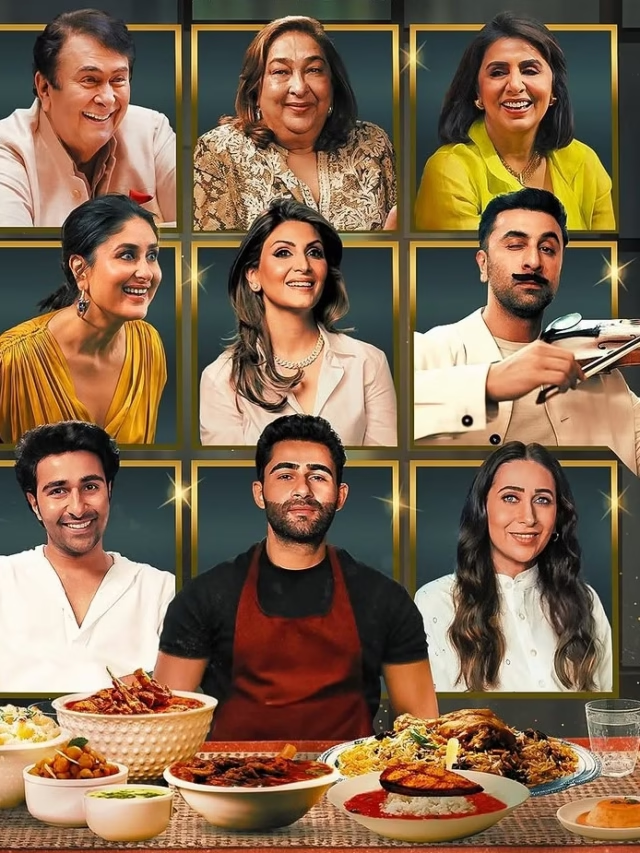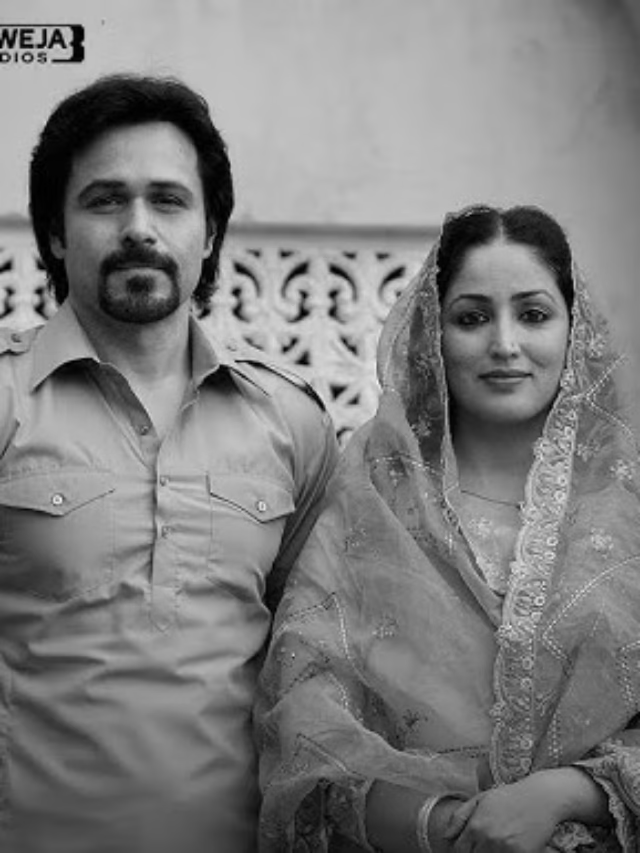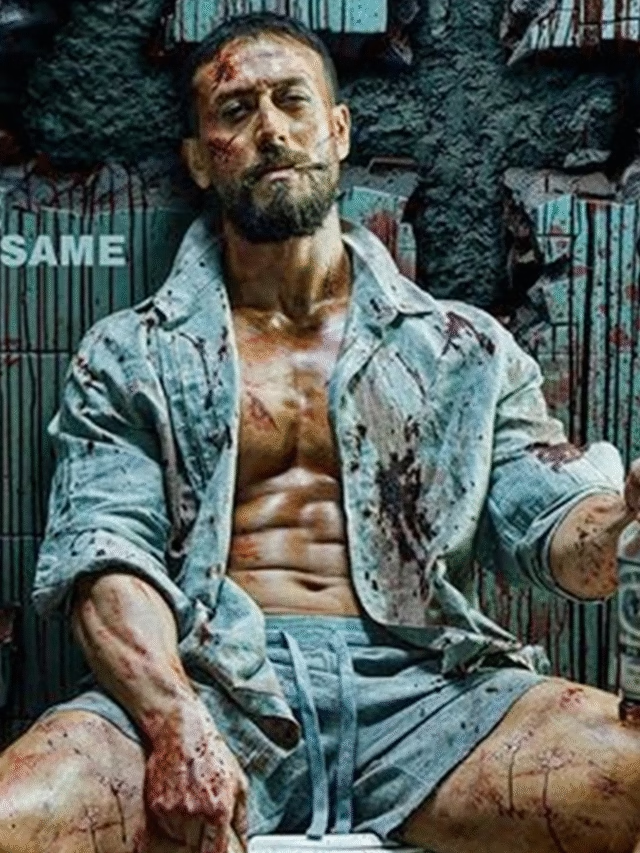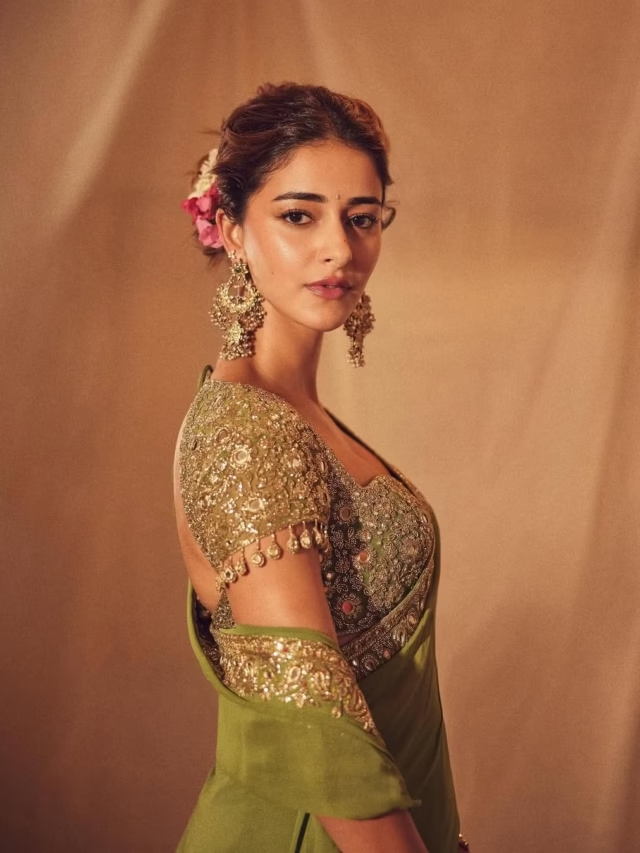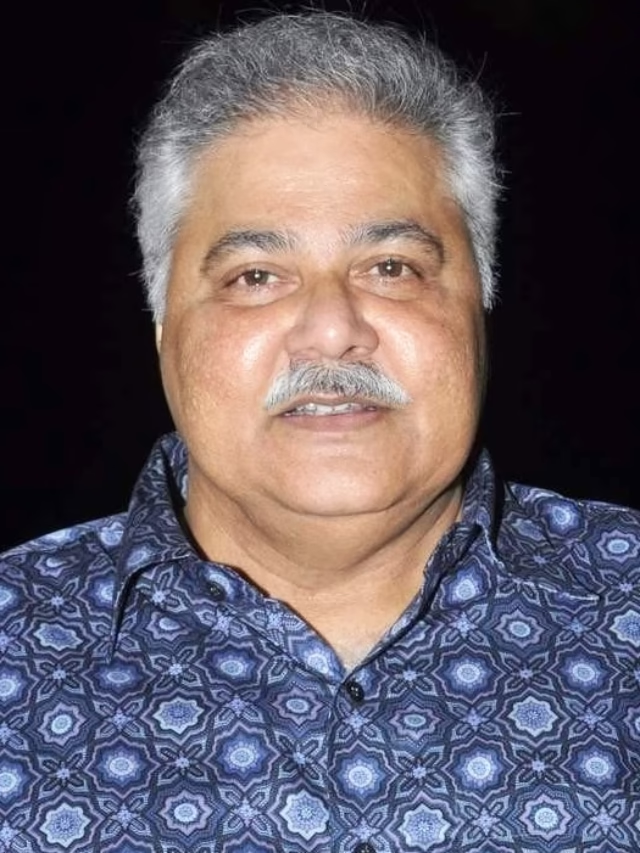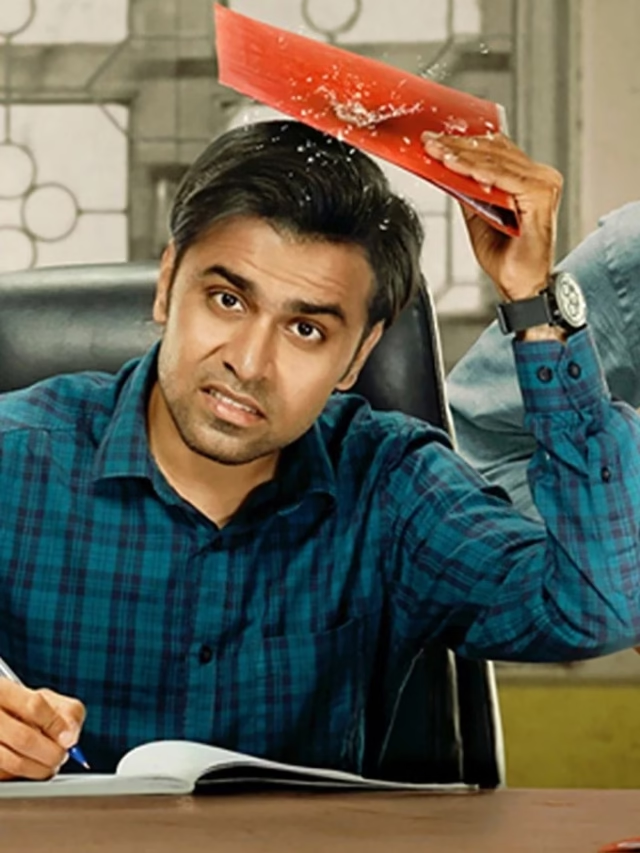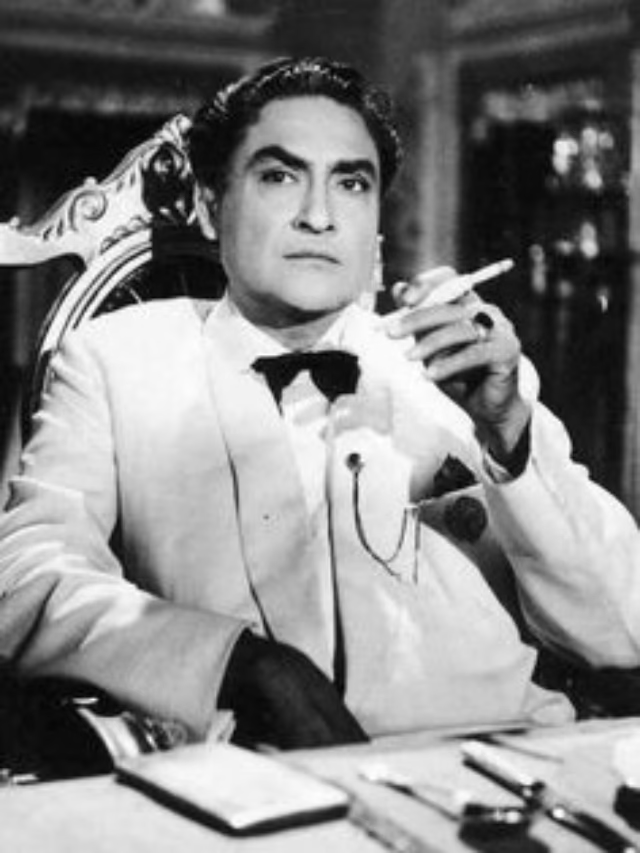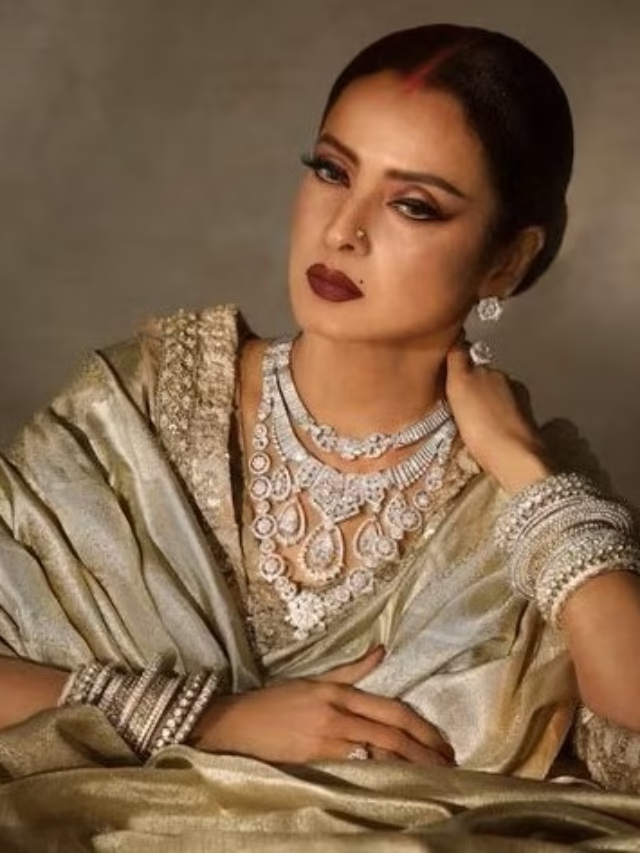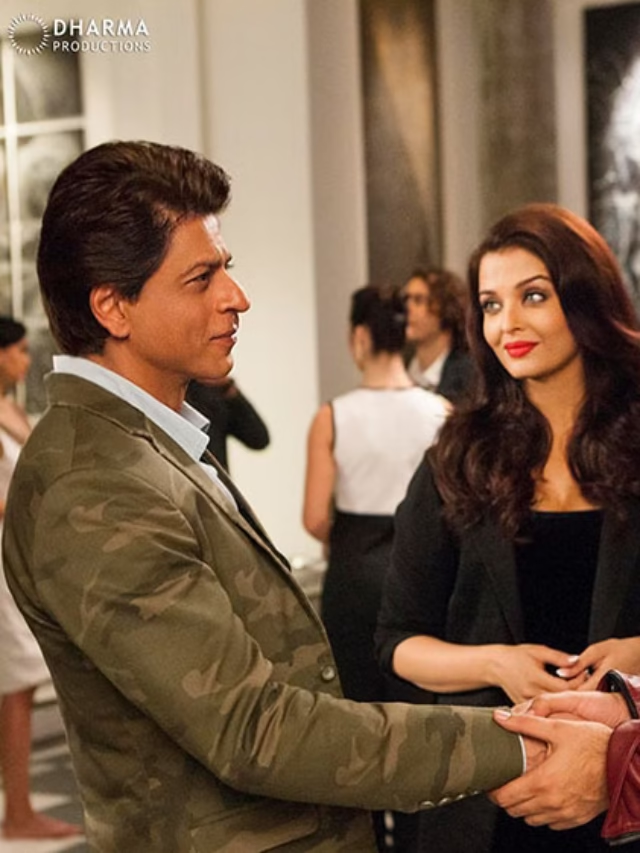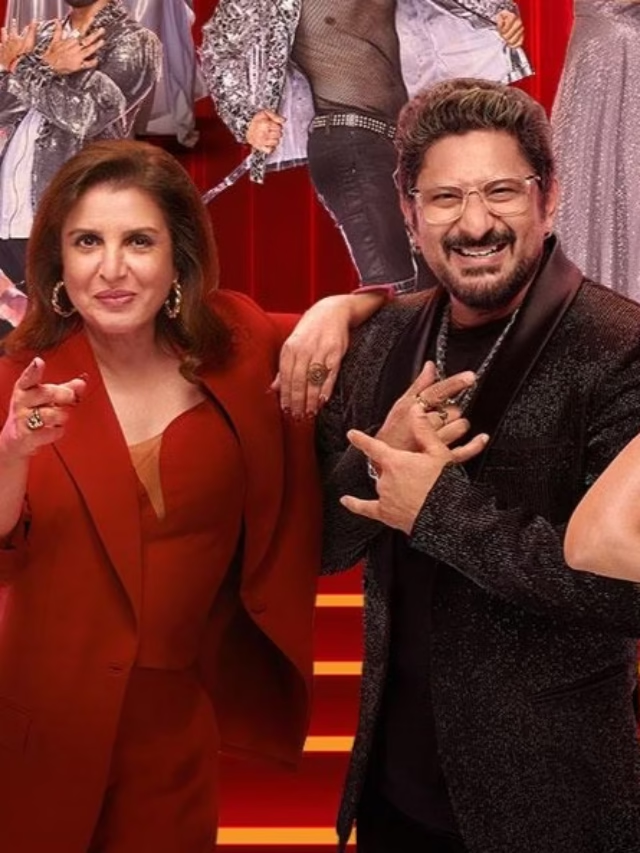
In a symbolic but quiet gesture, Pakistani actress Mawra Hocane has been erased digitally from the poster of Sanam Teri Kasam on music streaming sites such as Spotify and YouTube Music. The alteration has created debates regarding the growing erasure of Pakistani artists from Indian entertainment platforms—an issue that weaves together art, politics, and nationalism in complicated ways.
The Subtle Disappearance of a Co-Star
It was May 11, 2025, when the fans spotted the huge change on the music album cover of the 2016 romantic drama Sanam Teri Kasam. Once bearing the image of both lead actors—Harshvardhan Rane and Mawra Hocane—the digital art is now sporting just Rane’s face. The removal was not just a design tweak; it was a declaration.
What was even more striking was the silence and non-communication regarding the update. When questioned by media, the producer of the film, Deepak Mukut, appeared oblivious. “They didn’t ask me, it’s their call. Whatever our government decides, everybody has to oblige,” he said, suggesting that the decision may be in line with current political orders rather than a creative or production-driven decision.
Harshvardhan Rane Speaks Out—And Clarifies
Harshvardhan Rane, who made his Bollywood debut with Hocane in Sanam Teri Kasam, also had a word about the buzz. With a dash of sarcasm and plenty of clarity, he said, “Now they will say that my PR team did this! No, it’s again common sense, I assume; weeding is being exercised.”
His comparison—of the shooting to a farmer picking weeds—carried a charge. Without ever naming Mawra, he obliquely responded to her recent criticism of India’s Operation Sindoor, an anti-terror response to the Pahalgam attacks. The timing of the poster replacement and the increased political tensions between India and Pakistan made it hard not to see the connection.
The Fallout Between the Co-Stars
Things got heated between the former well-matched co-stars. Following rumors of a potential sequel to Sanam Teri Kasam, Rane left it evident that he would not be coming back if “the old cast” was in play—read by most as a diss against Mawra Hocane.
This came after her controversial statement on Operation Sindoor, which most in India, including Rane, regarded as insensitive. He then published a forceful but diplomatically worded message on Instagram, stating:
“That was an attempt at a personal attack. Luckily, I have the patience to ignore such attempts – but I have zero tolerance for any attack on the dignity of my country. I simply offered to resign from Part 2. I am well within my rights to decide not to work with people who call my country’s actions ‘cowardly.'” Rane’s message was clear and loud. He kept his distance from his past co-star, not on work merits, but on patriotic grounds.
A Larger Trend: Not Just Mawra Hocane
“That was an attempt at a personal attack. Luckily, I have the patience to ignore such attempts – but I have zero tolerance for any attack on the dignity of my country. I simply offered to resign from Part 2. I am well within my rights to decide not to work with people who call my country’s actions ‘cowardly.'” Rane’s message was clear and loud. He kept his distance from his past co-star, not on work merits, but on patriotic grounds.
This increasing trend is not coincidental. It reflects a larger shift in Indian entertainment to move away from Pakistani talent following political tensions. It’s not merely about prohibiting future collaborations; it’s about redefining the past.
Why Now? The Political Backdrop
The new animosity follows the recent terror attacks in Pahalgam on April 22, 2025. India retaliated with Operation Sindoor, a military operation that was well-received back home but attracted outrage across the border. Mawra Hocane was among those to criticize the action and term it “cowardly.”
Those words, when uttered by someone in the public eye, tend to have very tangible effects—particularly when there is national pride involved. In India, the backlash can be seen not only in news rooms or Parliament, but now on Spotify covers and YouTube thumbnails.
Is This About Patriotism or Censorship?
No doubt exists about the severe wounds inflicted by terror attacks and the overwhelming feelings they induce. But then there is a question—where do we delineate patriotism and censorship? Is erasing the face of a Pakistani actress from a movie in which she featured rewriting history, or is it a symbolic demonstration of solidarity?
Art has never been tightroped on expression and duty. Here too, digital media appears to tread cautiously, maybe in fear of retribution or censure. Yet in so doing, it may also sacrifice the very core of cinema—cross-border collaborations.
The Human Cost: A Career Silenced
For Mawra Hocane, this isn’t just a matter of poster visibility. It’s a professional blow. Her Bollywood debut was a heartfelt performance that helped build her global fan base. Sanam Teri Kasam may not have set the box office on fire upon release, but it won hearts in its OTT afterlife.
Now, years down the line, that initiative appears to be slipping away piecemeal—from music covers to casting calls. The political environment could be to blame, but the loss runs profoundly personal for the artists themselves.
Conclusion: Can Art Rise Above Borders?
During periods of war, art tends to be both casualty and instrument. The digital erasure of Mawra Hocane from the poster of Sanam Teri Kasam is not merely a stylistic choice—it’s a cultural and political commentary.
Whether or not you agree with what Mawra has said, the bigger question is: are we able to differentiate an artist from their nationality, or their views from their craftsmanship? In a world that’s becoming more and more polarized, maybe it’s time to recall that tales, tunes, and movies don’t belong to countries—they belong to mankind.
